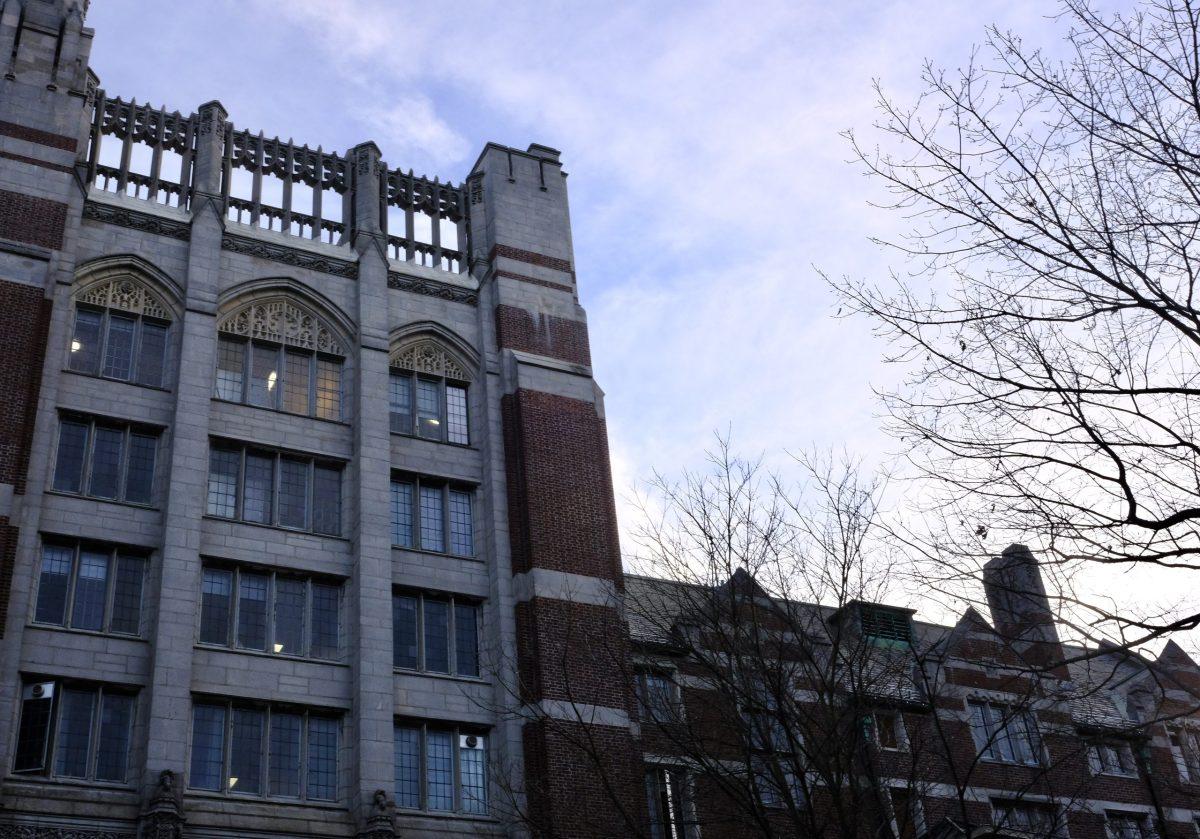Tower Court summer renovations continued into the first five weeks of the 2024-25 academic year, with the dining hall just fully opened last week. However, in an email addressed to Wellesley College students from Dave Chakraborty, assistant vice president for Facilities Management and Planning, on April 22, 2022, the renovations in Tower Court were announced to be completed by summer 2024, as part of the $250 million, 10-year Residential Hall Renewal Plan.
By the start of the fall semester, the Tower-side dining hall was still under construction, with unfinished touches to certain rooms. Regardless, Tower Court welcomed students in time for move-in day in late August.
The past two summers, Tower Court and Severance Hall underwent extensive renovations, including upgrades to the heating system, bathrooms and kitchenettes, and accessibility improvements, as detailed on the College’s web page.
To open the doors for students in time, the renovation timeline was altered to prioritize critical spaces. Construction on the seating area of the dining hall on the Tower side thus continued after residents moved in, according to Melissa Gagon, the project manager for the Tower Court renovation.
“We just wanted to make sure we got the base scope work done … That’s why we pulled out the dining hall,” Gagnon said.
The scope of the renovations caused further delay, due to an especially greater amount of work needed in Tower Court West, said Tower Court’s Community Director, Don Leach. The renovation made major changes to Tower’s common spaces, from the Great Hall to the dining hall. The renovation project also added more common spaces on the first floor, improved lighting, installed new ovens in kitchenettes and enhanced amenities in the shared restrooms.
“The increased common spaces for students is actually a huge difference,” said Leach. “The increased number of common spaces makes for a different living experience for residents, and a better one.”
A delayed move-in for student leaders
However, Tower Residential Life student leaders had a different experience when they had to move into temporary housing upon arriving on campus.
Julia Xie ’25, the Tower Court house president, was living on the ground floor of Stone-Davis Hall when she first came to campus.
“We were actually really stressed, we were like ‘Is this project going to be done? Are they going to be able to actually move us in?’ And somehow, they did it, and it’s kind of magical,” said Xie.
Despite receiving prior notice about the delay, residential assistants had little turnaround time to prepare for residents’ check-ins. According to Jiya Singh, the resident assistant for the second Floor of Tower Court West, “We [the RAs] moved in a day and a half before everyone else did, so we had to get all our halls in order, all our rooms in order, in literally, like, 24 hours.”
“Shakeout Period”
With the renovations finalizing on a tight schedule, there was little time for thorough testing. Gagnon described a “shakeout period” in which they responded to issues flagged by students.
“When a building is used, we sort of do the ‘work, work, work’ right up until the end, everybody comes in and we have this ‘shakeout’ time period where issues are flagged. So now we’re sort of taking a step back, we see that issues were reported,” she said.
Common reports included broken outlets and missing rods in the closets. To help mitigate the issues, a separate work order form was created only for Tower residents. Residents first report issues to their RAs or Leach, and then reports would be sent and addressed by workers on Facilities and the project.
The past month has seen more than five fire alarms, which could be related to the new renovation systems.
“It seems like we have way more fire alarms than we used to and I’m not sure if it’s because they changed the system to make it super sensitive. I’m not sure and I think they’re trying to get it fixed because there’s so many fire drills going on right now,” said Xie.
While most of the renovations were perceived as necessary, Xie wished there could be conversations taking students’ input and suggestions into consideration before the construction.
“The only part that I wish there was some kind of change to is that they consult students … Maybe we can ask students, like, ‘What is most needed?’,” said Xie.
Walking around the Tower, Xie said she had seen students coming into the Great Hall or touring the Tower voicing their appreciation and satisfaction with the new changes.
“What matters the most for the community is the people in it. And that’s the most important part, as long as people are living well together and are happy in this place,” said Xie.
Contact the editors responsible for this story: Valida Pau, Sazma Sarwar, Lyanne Wang




